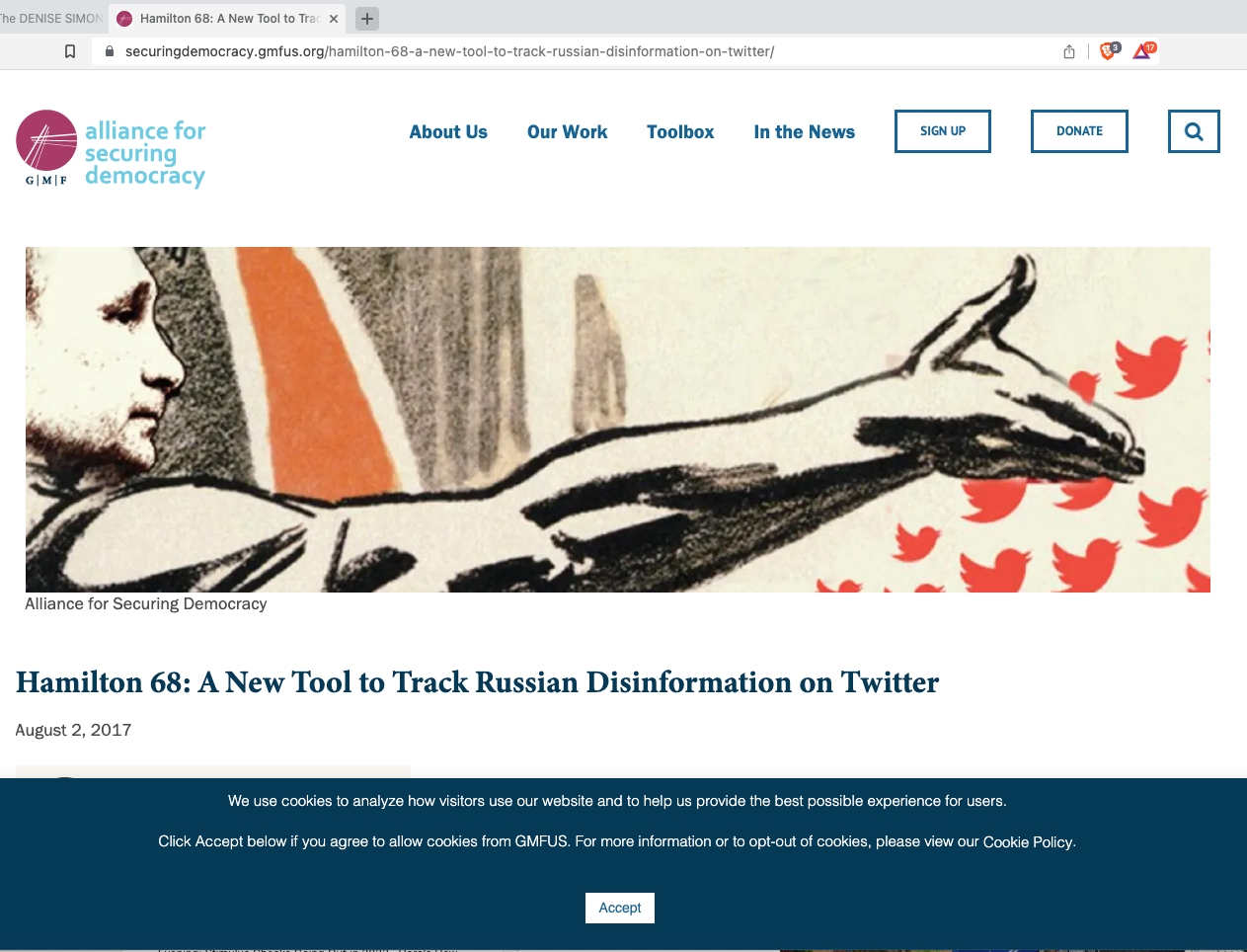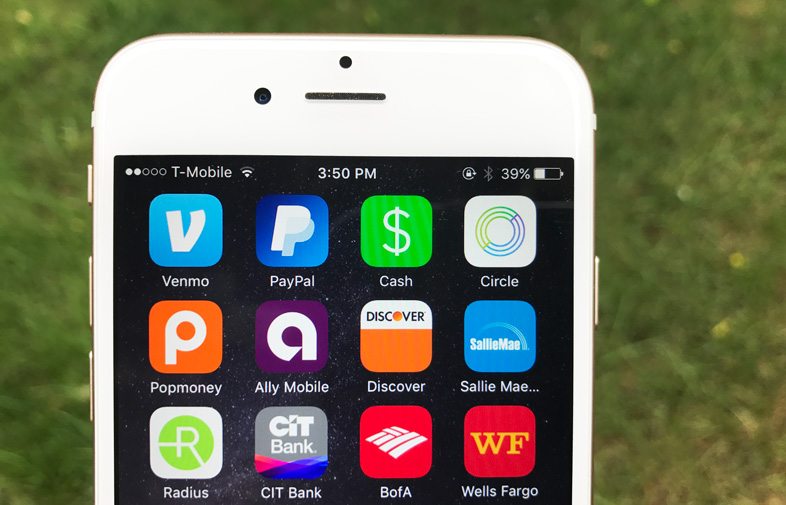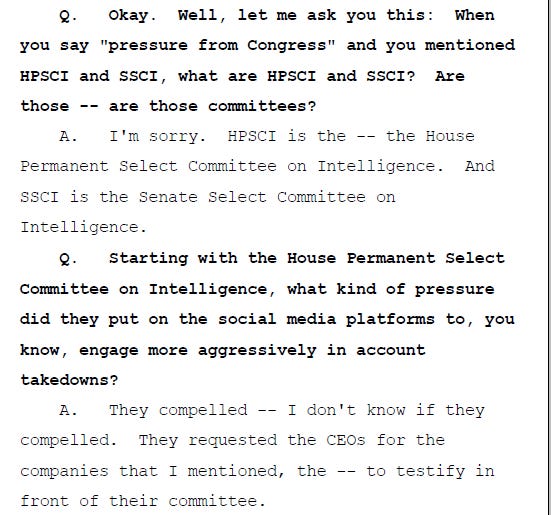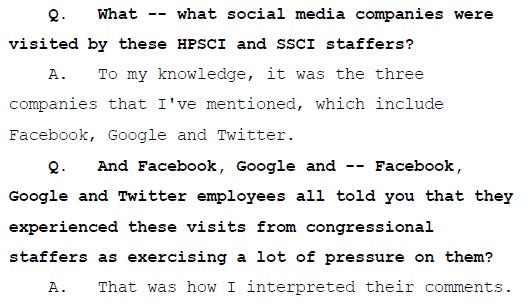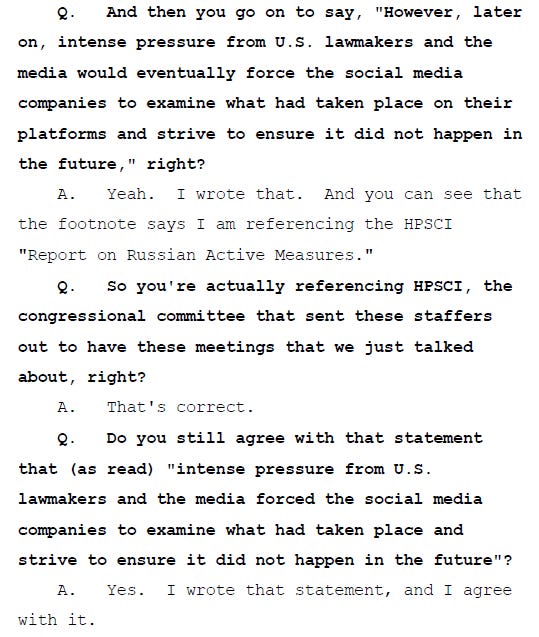All coordinated and approved by the State Department? Yup
FNC: Mexico’s president said Wednesday that he expects the U.S. government or U.S. banks to provide interest-free loans to build four wind-power farms in the narrow waist of southern Mexico, an area known as the Isthmus of Tehuantepec.
President Andrés Manuel López Obrador said he expects U.S. climate envoy John Kerry to travel to the area next month to launch the projects.
López Obrador also fueled speculation that U.S. automaker Tesla will build a plant in Mexico, saying that he had been told that Elon Musk’s company was considering an industrial park about 2 miles from the new Felipe Ángeles International Airport (AIFA) near Mexico City.
Mexican presidential spokesman Jesus Ramirez said that this plant would serve as an export hub for the company.
“Tesla is looking at investing in that area to take advantage of AIFA,” Ramirez told Reuters
The wind farms on the isthmus are part of López Obrador’s plans to build a total of 10 industrial parks along a renovated rail corridor linking the Pacific and Gulf coasts, as part of an effort to create jobs in the poorer, less-developed south of Mexico.
However, the construction of wind farms has faced past opposition from local residents in the area.
López Obrador’s administration also has refused to grant permits for private renewable energy projects backed by foreign investors in Mexico, sparking a commercial dispute with the United States.
The president has invested heavily in propping up the long-struggling state-owned electrical power company, and he said the new wind farms would be run by the state-owned firm.
López Obrador has pushed legislation that gives advantages to the state-owned electric company over private energy production, which in many cases was cleaner.
Mexico’s private energy production and clean energy production has been a growing dispute between the United States and Canada in recent months.
Last year, John Kerry was in Mexico launching the deal as reported by Reuters.
Kerry also said Lopez Obrador had shown a “serious commitment” to the discussion on the climate crisis.
“The president has been very clear about his readiness to transition but to do so in a way that meets the needs of the people of Mexico.”
Mexico is set to present 10 climate steps on Friday, Foreign Minister Marcelo Ebrard said.
This is expected to include increasing solar energy projects at the state energy company (COMFEL.UL) alongside the private sector, enhancing electric mobility and capturing methane gas.
Again, just a few weeks ago, John Kerry was back in Mexico. And Kerry must really love it in Mexico as he was also there just last October…the third trip and soon to be a forth?
Secretary Kerry will meet with President Andrés Manuel López Obrador and other government officials as well as U.S. companies to discuss bilateral cooperation and opportunities to enhance Mexico’s nationally determined contribution, promote zero-emission vehicles, reduce methane emissions, and deepen investment in renewable energy.
By the way it seems that pesky word ‘bilateral’ really means our tax dollars are paying for it all. But…the new House Oversight Committee is investigating John Kerry and his negotiations with the Chinese Communist Part. Great…but they need to add Mexico too.

